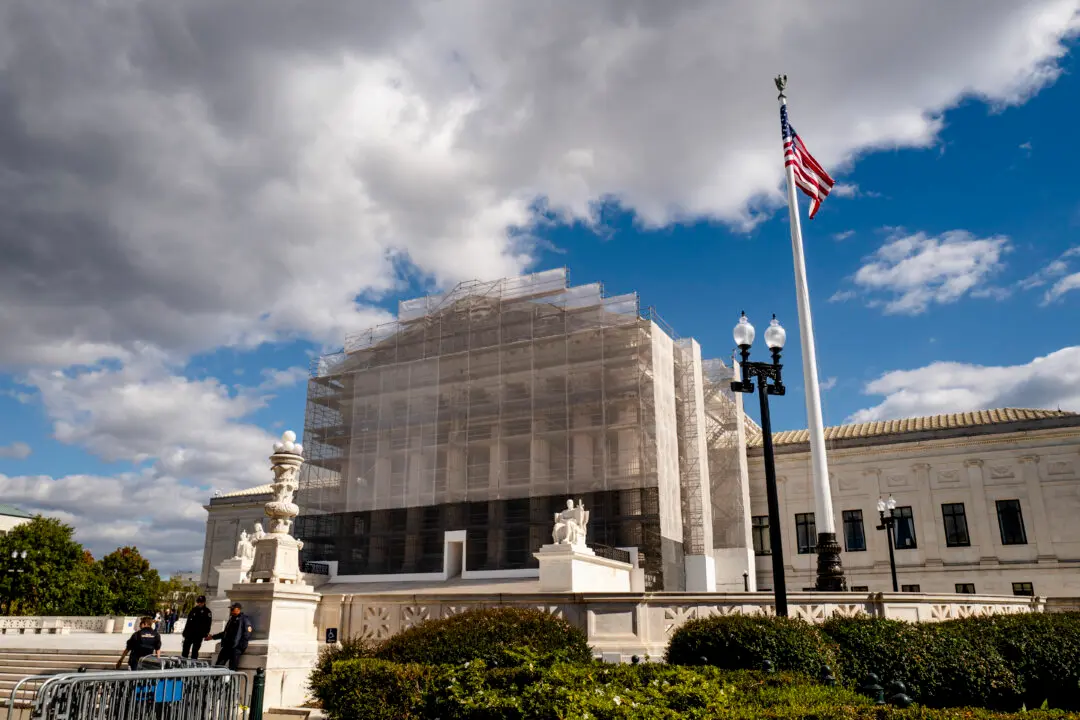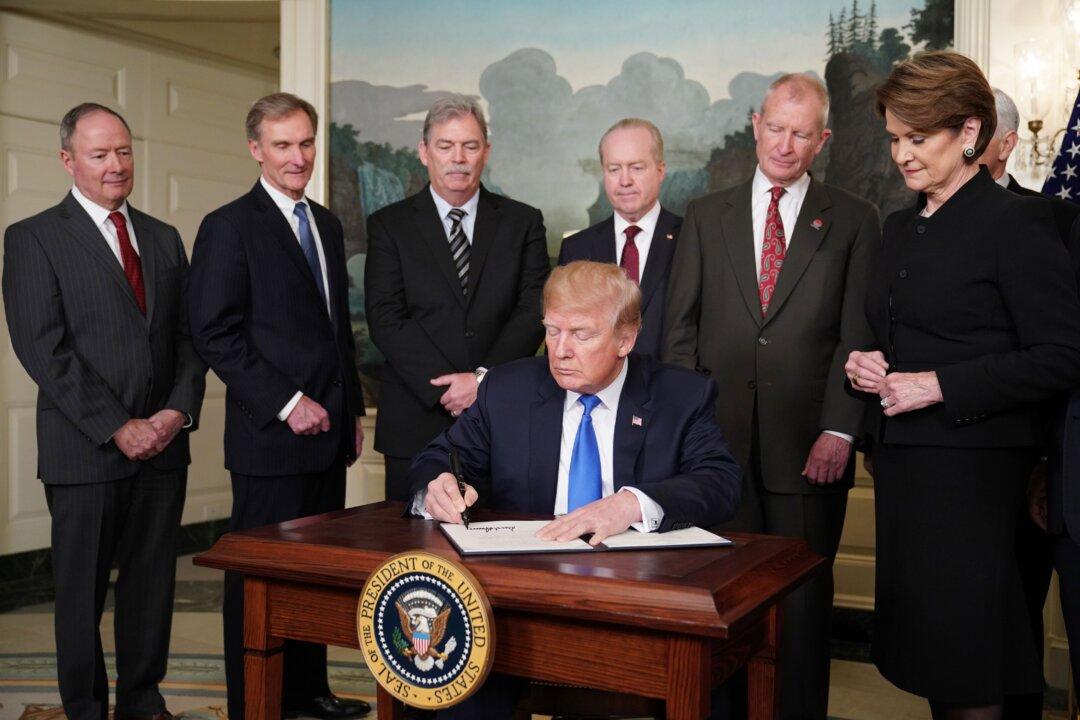Commentary
Gouverneur Morris was a “chick magnet.” He was tall, handsome, witty, and rich. Even scalding damage to his right arm, loss of his lower leg in a traffic accident, and reliance on a wooden prosthesis for walking didn’t impair his success with women.





